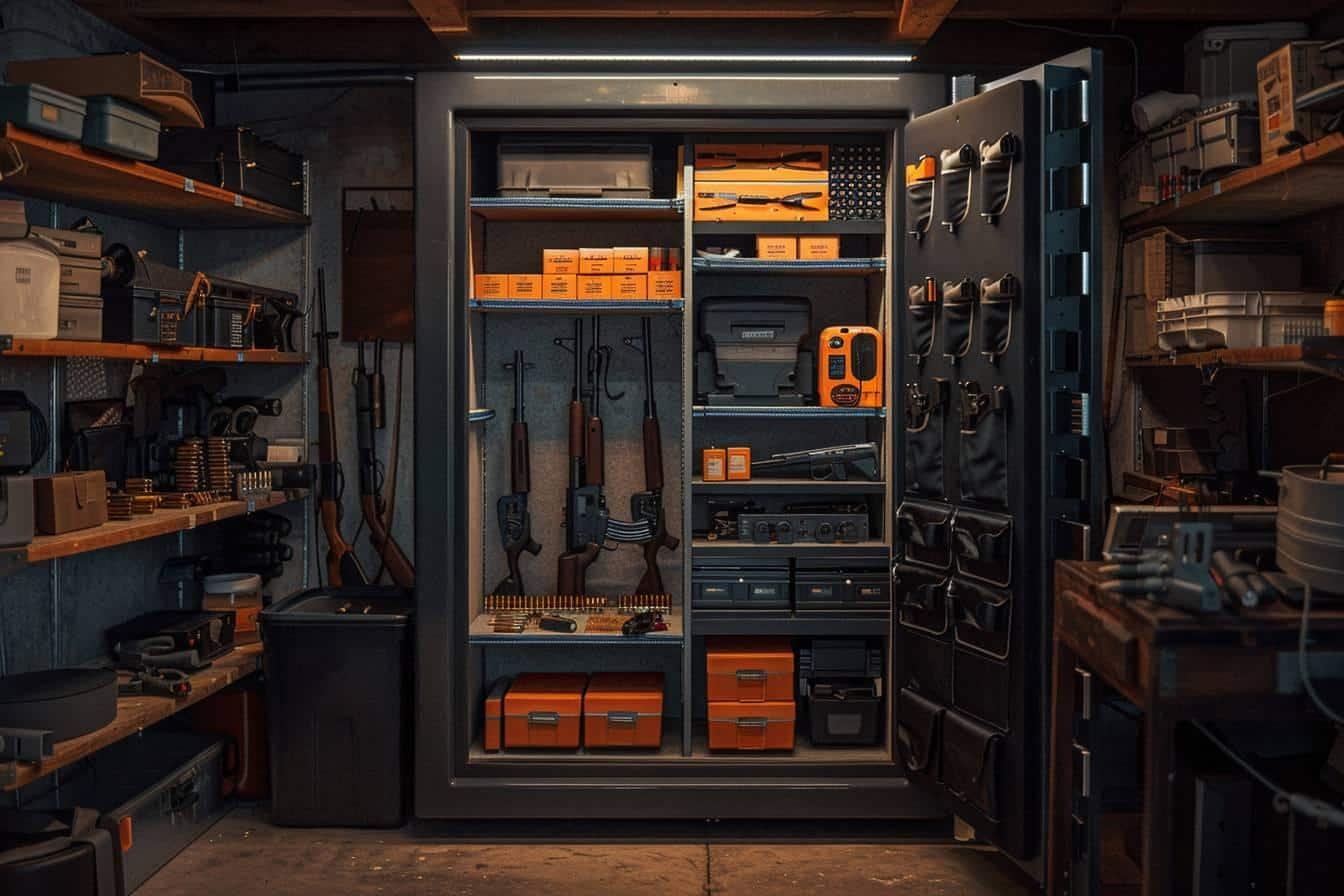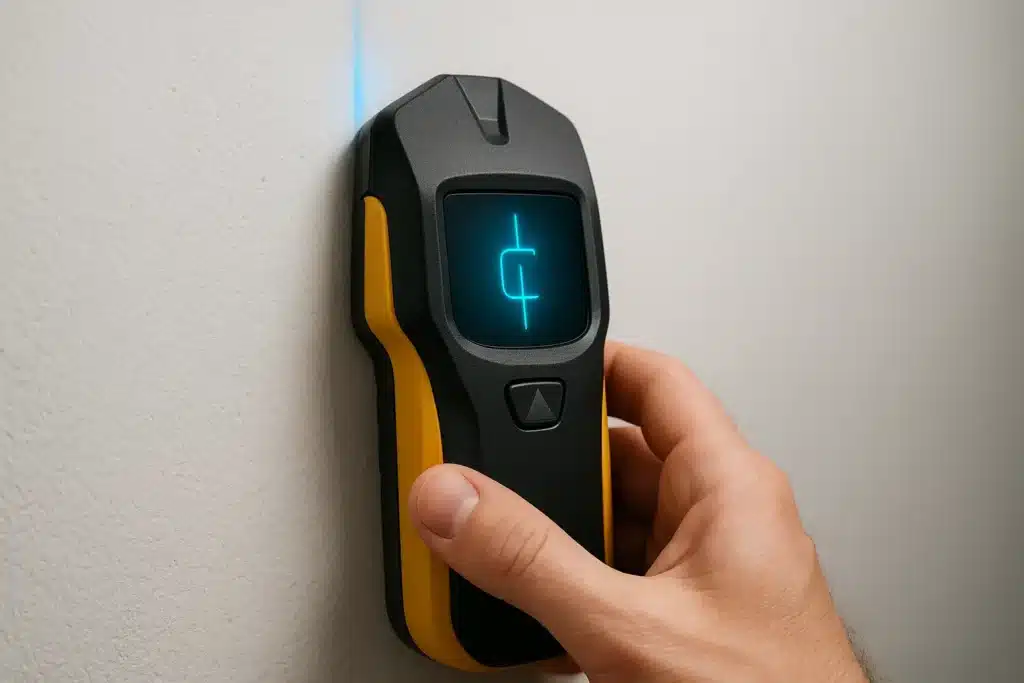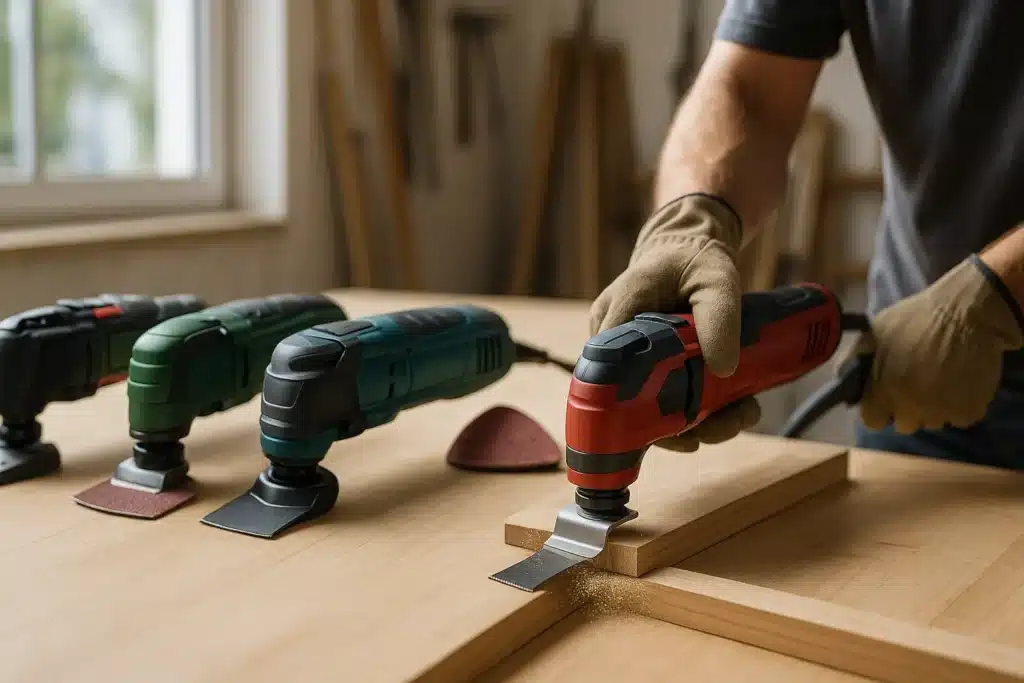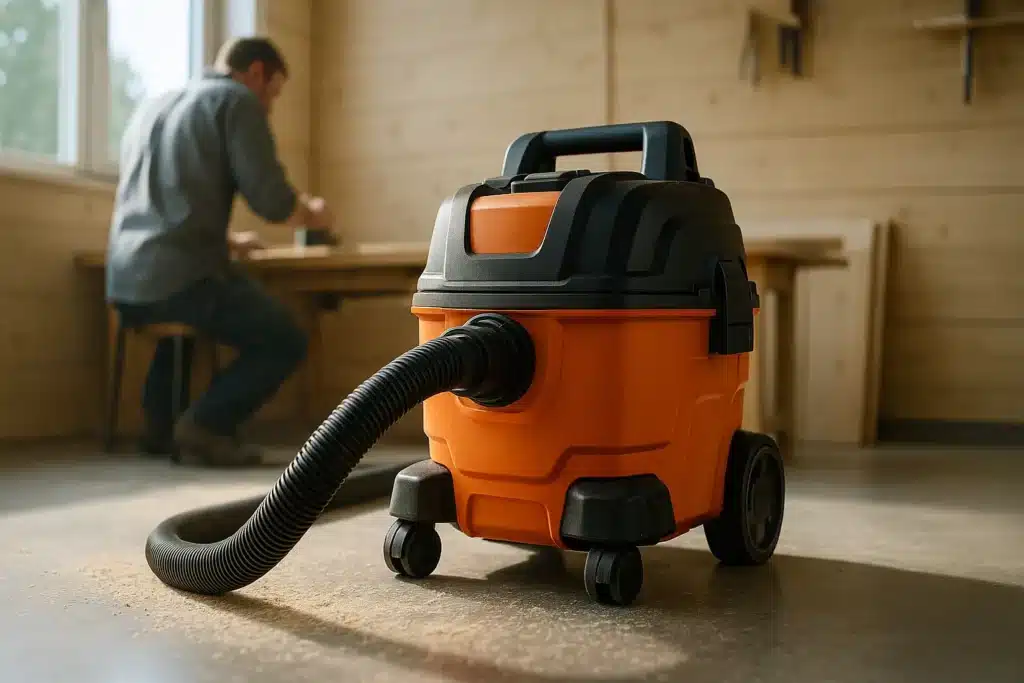The article in brief
Weapons regulations in France are complex and strict, with a system of classification into 4 categories. Here are the key points to remember:
- Categorisation From the strictest (A - prohibited) to the most flexible (D - free)
- Acquisition conditions Mandatory majority, administrative checks and sometimes authorisations
- Storage and transport : Strict safety rules and necessary legitimate grounds
- Penalties Frequent checks and severe penalties in the event of an offence
Ah, the gun laws in France! A subject that has fascinated me ever since I took over the family gun shop a few years ago. Let me explain it to you from my own experience. Believe me, I've seen a lot of customers lost when faced with these regulations!
Weapons categories: from the strictest to the most flexible
In France, we have a system for classifying weapons into 4 categories. It's a bit like a colour code, but for weapons :
Category A: the forbidden holy grail
Category A weapons include prohibited weapons with very rare exceptions. I remember one customer who dreamt of having a rocket launcher in his living room... I had to gently explain to him that it was reserved for our military friends!
Category B: the firearms driving licence
Category B weapons require authorisation. It's a bit like getting your driving licence, but for weapons. You have to prove that you are responsible and trained. Sport shooters and certain collectors may have access.
Category C: compulsory declaration
Category C weapons are subject to declaration. It's less strict, but you still have to notify the authorities. A lot of hunters come to me for these weapons.
Conditions of acquisition and ownership: not so simple!
You think you can just walk into my armoury and walk out with a gun? Hell no! There are strict rules governing the acquisition and possession of weapons in France. Here are the main rules you need to know:
Who can buy a gun?
First of all, you have to be over 18. Secondly, certain people are banned from acquiring and possessing weapons. For example, if you have been convicted of certain offences or if you are subject to a judicial ban. There is even a national file, FINIADA, which lists these people.
What administrative procedures are involved?
To buy a gun, you often have to go through a number of administrative procedures. This can range from a simple declaration to a prefectoral authorisation, depending on the category of weapon. I've put together a summary table to help you find your way around:
| Category | Approach | Example of a weapon |
|---|---|---|
| A | Prohibited except in exceptional circumstances | Rocket launcher |
| B | Authorisation | Semi-automatic pistol |
| C | Declaration | Shotgun |
| D | Free | Certain edged weapons |
Storage limits and conditions
Be careful, you can't have an arsenal at home! The number of weapons and ammunition is limited. What's more, they have to be stored securely. A good safe is essential. I even have customers who dismantle their weapons for added security.

Transporting and carrying weapons: beware of the rules
Now that you've got your gun, do you think you'll be able to walk around with it? Not so fast! Transporting and carrying weapons is strictly regulated in France.
The difference between transport and port
It's important to distinguish between carrying a gun and transporting it. Carrying means taking it from point A to point B, for example from your home to the shooting range. Carrying a weapon means having it with you, ready for use.
Conditions of carriage
To transport a firearm, you must have a legitimate reason (going to a shooting range, hunting, etc.). The weapon must be unloaded and stored in a closed case. Ammunition must be carried separately. A word of friendly advice: always keep your papers with you!
Carrying a weapon: special cases
Private individuals are generally prohibited from carrying weapons. However, there are exceptions, particularly for Weapons legal to carry in France. Law enforcement officers, certain private security guards and certain specific professions may be authorised to carry a weapon, subject to strict conditions.
Let's talk about armed private security companies. They must comply with very strict conditions:
- Special authorisation for armed agents
- Specific initial training required for agents
- Regular compulsory training
It's a real obstacle course for these professionals!
Penalties and checks: beware of breaches
As you can see, the Weapons laws in France are not joking. And believe me, the penalties for breaking them are severe. I've seen customers get into trouble for ignoring these rules.
There are frequent checks on the purchase, possession and transport of weapons. The authorities regularly check that everything is in order. My advice: always be in order and keep your papers up to date.
If you would like to find out more about recent developments, I recommend that you consult the information at the new arms law in France. There's a lot going on in this field!
So now you know almost everything about the laws governing weapons in France. Don't hesitate to drop in to the armoury if you have any further questions. And don't forget: with weapons, responsibility and respect for the law are paramount!
Additional sources:



